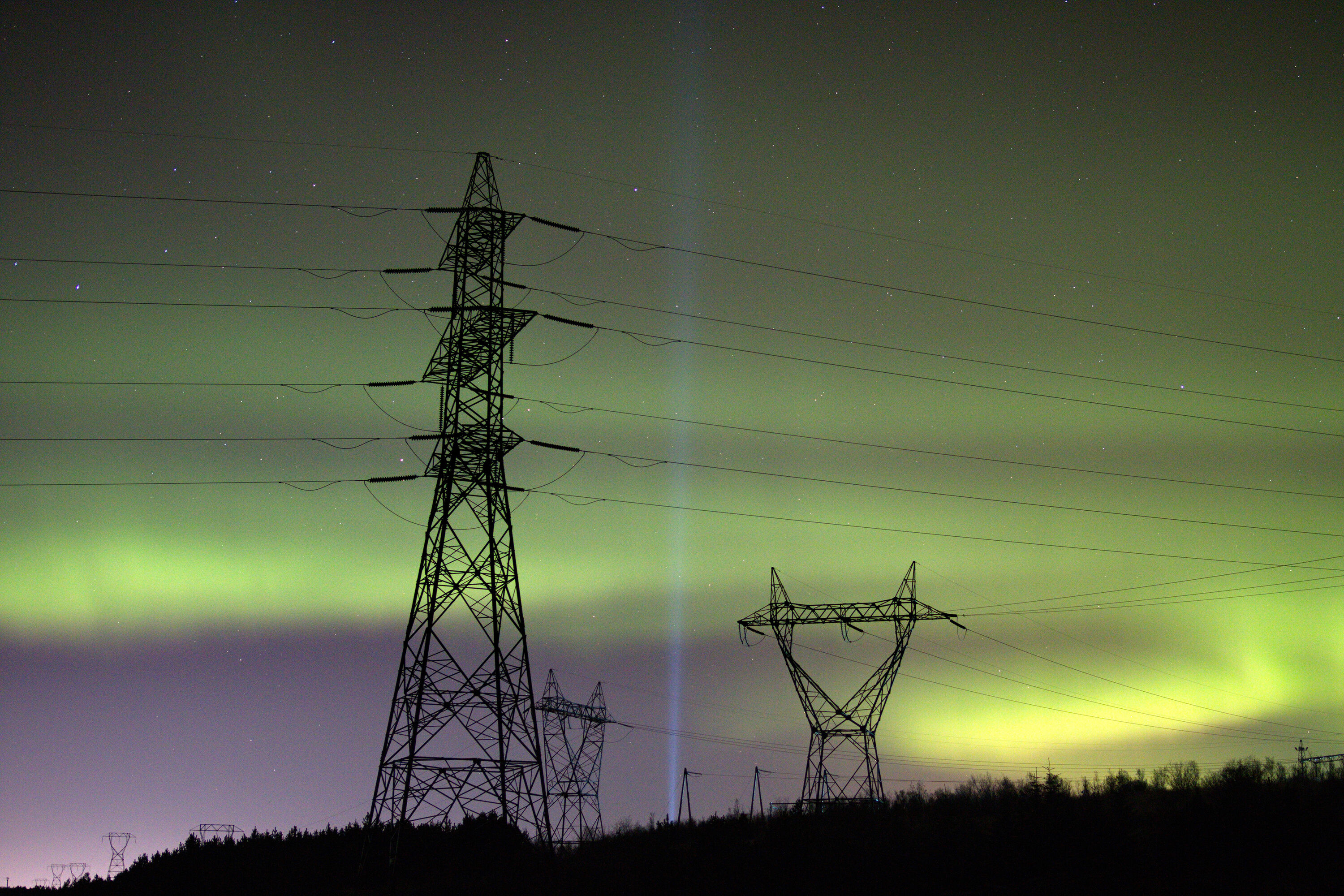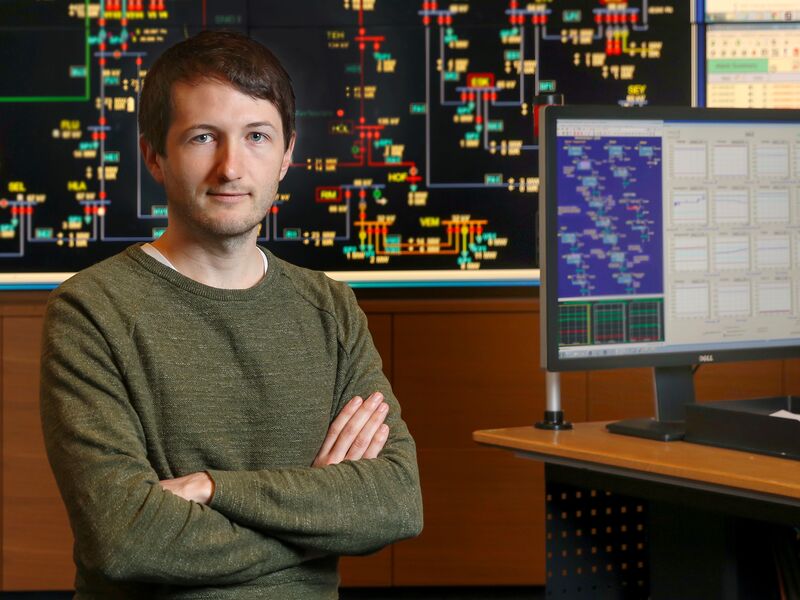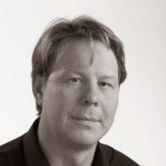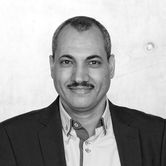New Programs: M.Sc. in Electric Power Science and Engineering
Delivering quality education and empowering our students
REYKJAVIK, November 29 – When it comes to the energy sector, the various sources of energy often take much of today's spotlight. And while we at the Iceland School of Energy place great value on sustainable energy sources, we also pay close attention to what happens after the energy is generated. Once a turbine is set into motion and the generator ramps up, then it is up to transmission and distribution system operators to ensure the effective and immediate delivery of power to consumers. The system that delivers this electricity is known as a power system and today's power systems are arguably the most complex systems humanity has ever created. The corresponding field of study can be broadly coined as Electric Power.

At the Iceland School of Energy, we place great focus on the study and research of Electric Power. Until now, graduates wishing to specialize in this field could do so within the Sustainable Energy Engineering track. Indeed, a number of exciting projects have already been published, or are on their way. We could not be prouder of our students and their work so far, and always strive to provide ever-better resources and support. Which is why, we are proud to announce the launch of two new master level programs - Electric Power Science and Electric Power Engineering. Hosted in collaboration with Landsnet, the Icelandic transmission system operator, our Electric Power programs are designed to give our students the best resources to masters this field.
The Programs

The Electric Power Science and Electric Power Engineering programs give comprehensive treatment to the various components of power systems, their physical properties and design, along with the study of both nominal and perturbed operating conditions. Emphasis is placed on emerging technologies, and their integration into new and existing power systems so as to ensure reliable delivery of electricity to various types of consumer demands. With more sustainable generation, old power system challenges remain relevant, while new ones arise. We at the Iceland School of Energy recognize this and focus on providing our graduates with the insight and skills necessary to thrive in this challenging and changing industry.
Indeed the Engineering track prepares our graduates for the professional title "Verkfræðingur" or Chartered Engineer, while the Science track provides immense specialization in this sector, while allowing for the flexibility necessary to look at other domains such as power economics, scientific research or software design.
Applications for the Autumn 2018 semester are now open. Those interested are encouraged to apply by the non-EEA deadline date of April 30th, 2018 and EEA deadline date of May 30th, 2018.
Scholarship Opportunities
With the launch of our new programs in the coming August of 2018, we are also excited to announce the release of ten fully-funded merit-based tuition-fee scholarships for exceptionally strong applicants. The
scholarship program aims to attract outstanding graduates from with a common interest for innovation, sustainability and research in this technically intensive field. All applicants to the M.Sc. Electric Power Engineering and M.Sc. Electric Power Science are automatically considered.
Click here to apply.
ISE Electric Power Professors

Ragnar Kristjánsson | Assistant Professor
Notable Courses
- Power Systems III
- Power Electronics II
- Stability and Control in Power Systems

Notable Courses
Smart-Grid and Sustainable Power Systems
Analog Circuit Design
Analog Circuit Analysis
